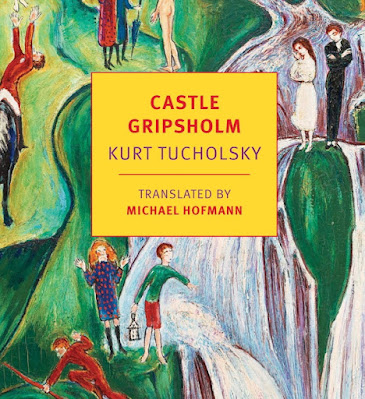The Great Kosher Meat War of 1902: Immigrant Housewives and the Riots That Shook New York City by Scott D. Seligman - 2020- 277 Pages
2020 National Jewish Book Award Finalist
The Great Kosher Meat War of 1902 tells the twin stories of mostly uneducated women immigrants who discovered their collective consumer power and of the Beef Trust, the midwestern cartel that conspired to keep meat prices high despite efforts by the U.S. government to curtail its nefarious practices.
With few resources and little experience but steely determination, this group of women organized themselves into a potent fighting force and, in their first foray into the political arena in their adopted country, successfully challenged powerful, vested corporate interests.
Keeping a Kosher household was a prime duty of Jewish housewives in New York City. Most were immigrants from Russia or Poland but some were born in America. The custom was the husband supported the family and the wife ran the household.
Seligman goes into very welcome details about the women. They were tough , smart and not afraid of the police and hired thugs
In the early hours of May 15, 1902, three thousand Jewish women quietly took up positions on the streets of Manhattan's Lower East Side. Convinced by the latest jump in the price of kosher meat that they were being gouged, they assembled in squads of five, intent on shutting down every kosher butcher shop in New York's Jewish quarter.
What was conceived as a nonviolent effort did not remain so for long. Customers who crossed the picket lines were heckled and assaulted and their parcels of meat hurled into the gutters. Butchers who remained open were attacked, their windows smashed, stock ruined, equipment destroyed. Brutal blows from police nightsticks sent women to local hospitals and to court. But soon Jewish housewives throughout the area took to the streets in solidarity, while the butchers either shut their doors or had their doors shut for them. The newspapers called it a modern Jewish Boston Tea .
Seligman throughly explains the processes by which Beef can be certified as Kosher. I knew nothing about the way midwestern raised cattle passed through Chicago on the way to New York City, The process was controlled by six companies know as The Beef Trust. The secretly set prices and demanded kick backs in collusion with the railroads, Butchers, Kosher and Gentile, had to pay their price. Butchers depended on short term credit, they would buy on credit then repay after making sales. If they resisted the Beef Trust their credit needs were denied.















